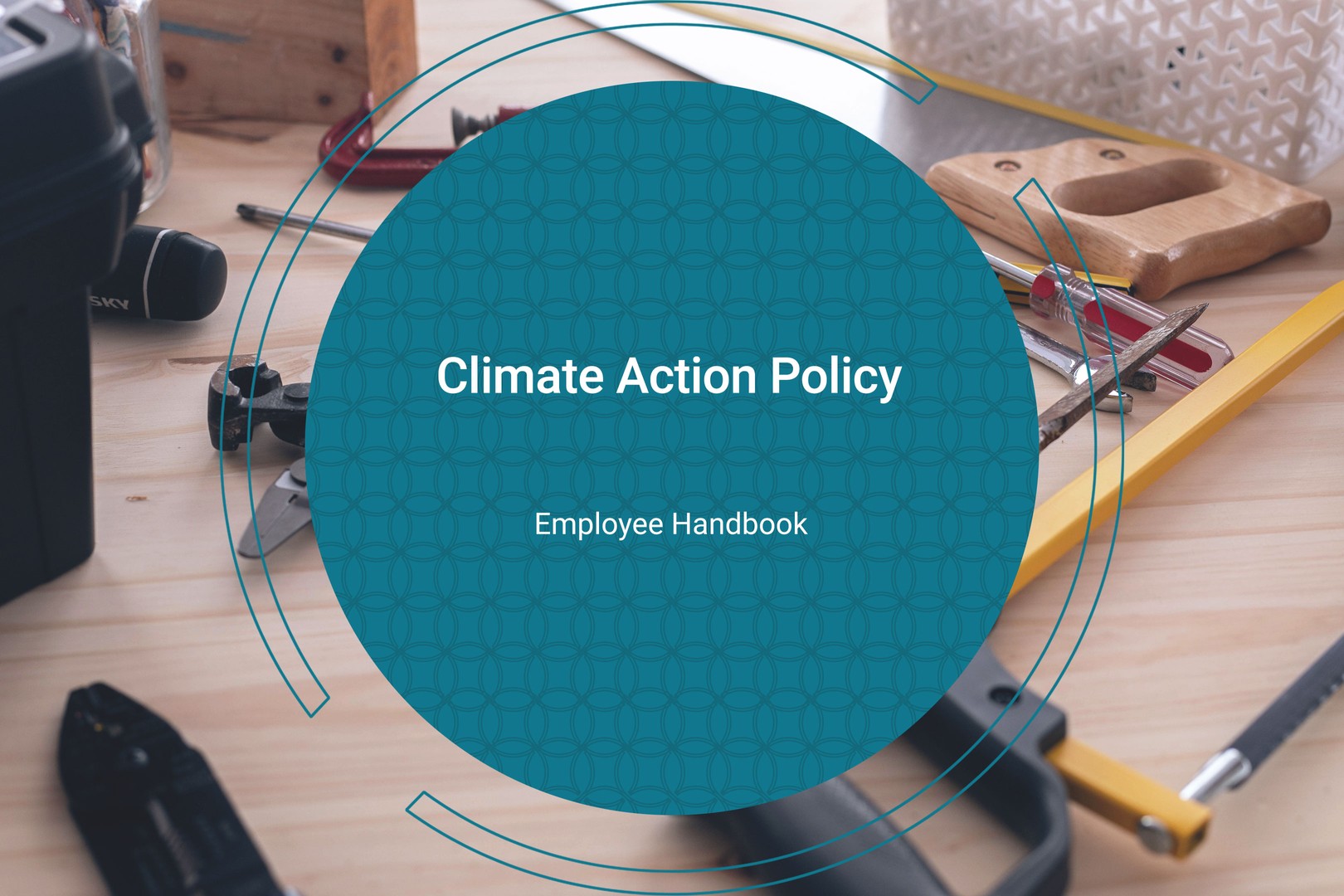Overview | Code of Ethics + Whistleblowers Policy | Education & Development Benefit Program | Policies For Selecting Suppliers & Nonprofits | Health & Wellness + Menopause Benefit Programs | Climate Action Policy
As an impact-first company, Smith Assembly supports mitigation of and adaptation to climate change, and takes steps to reduce our ecological footprint. In this post, we share our Climate Action Policy, as detailed in our employee handbook, and its relationship to our company’s overarching environmental goals.
First, let’s take a look at the policy itself...
Climate Action Policy
We Take Action On The Climate Crisis
Smith Assembly participates in 1% for the Planet, through which we support nonprofit organizations driving positive systemic change. We’re measuring our Scope 2 and 3 emissions and carbon footprint so that we can join Net Zero by 2030. In honor of that forthcoming commitment, we pledge to reduce our company’s greenhouse gas emissions and help full-time employees reduce their individual ecological footprints by purchasing 50% of the offsets they’d need to be carbon neutral (up to 5 metric tons of CO2 per person annually).
At a company level, we are preparing to pledge Net Zero by 2030. That means mapping our Scope 1, 2, and 3 emissions throughout our supply chain; researching the environmental policies of our suppliers; calculating our carbon footprint; and putting in place actions to reduce our emissions, as well as to offset whatever emissions we can’t eliminate. As a remote company, most of our emissions are currently Scope 2 and Scope 3 (from the electricity we use and from the hardware, software, and services we purchase). We aim to finish our evaluation process next year, at which point we’ll publicly commit to Net Zero by 2030.
At an employee level, Smith Assembly purchases offsets at the end of each year to cover half of our employees’ carbon footprints. Currently, it’s only the two of us. We’re able to avoid commuting-related emissions thanks to working remotely, and both live in places where 98%+ of our electricity comes from renewable resources. We have both calculated our individual carbon footprints, and will be choosing a provider of verified carbon offsets by the end of this year. One of the challenges we’ve had when sourcing an offset provider, is finding organizations which are led or owned by the communities they benefit — so if you know of any, please let us know!
Moreover, our nonprofit partner for 2021, OAXIN, supports a just transition for the coastal community of San Mateo del Mar through their grassroots innovation and entrepreneurship initiatives. Even though it’s not a strict requirement that our nonprofit partners do work to directly address climate change, social impact work and environmental impact work are unavoidably interconnected. We hope to continue supporting local initiatives like this one in the future through our donations.
We know that change is needed not only at the individual and company levels, but also at a global scale. In recognition of the urgent structural changes needed to address the climate crisis, since our incorporation we have participated in 1% for the Planet to support organizations on the frontline of systemic large-scale environmental reforms. Hopefully, by participating in Net Zero by 2030 (alongside other collectives advocating for a net zero emissions economy), we’ll also be able to help rally support for policy changes in our home countries and around the world.
How do you or your company take action against the climate crisis? If you have any questions, comments, or suggestions for us, please don’t hesitate to reach out via team@smithassembly.com.
